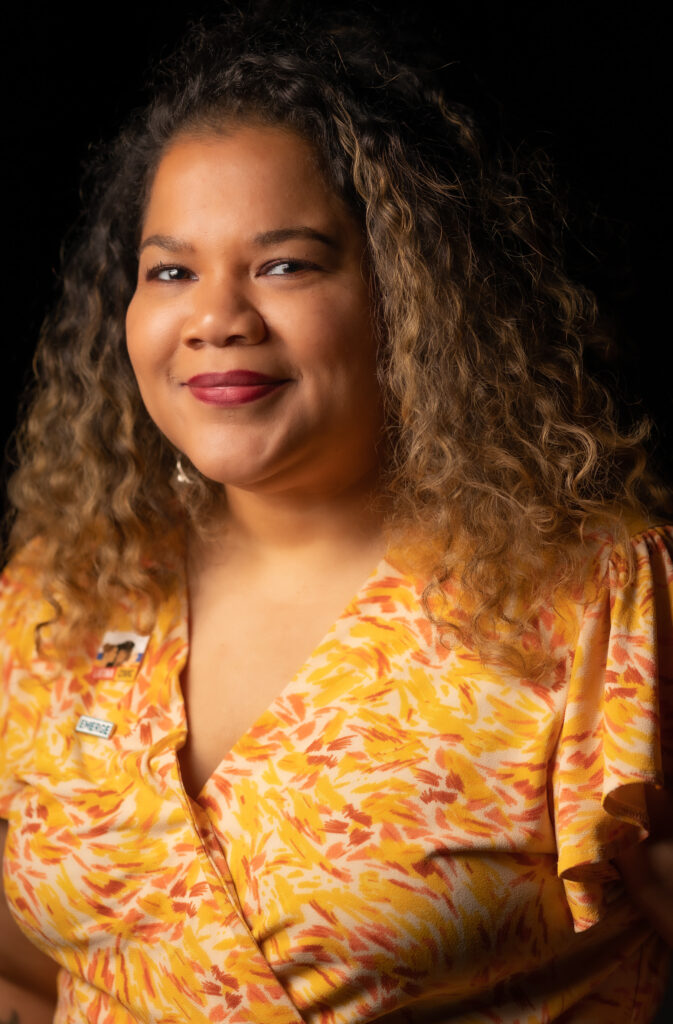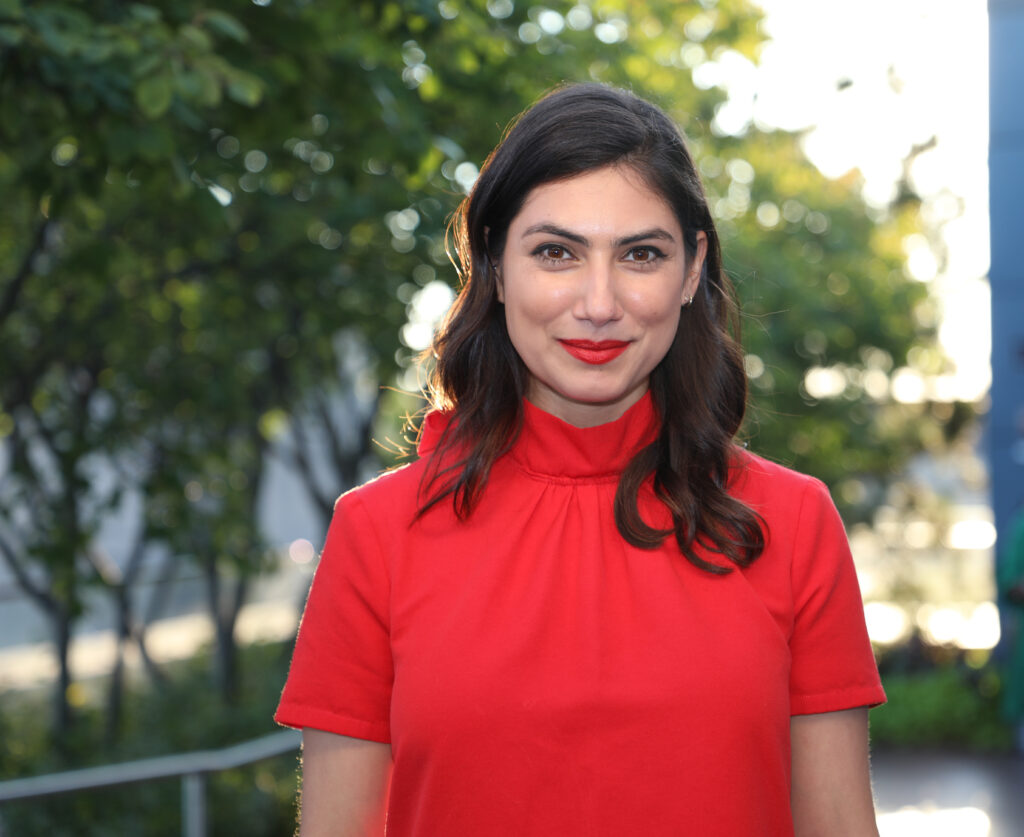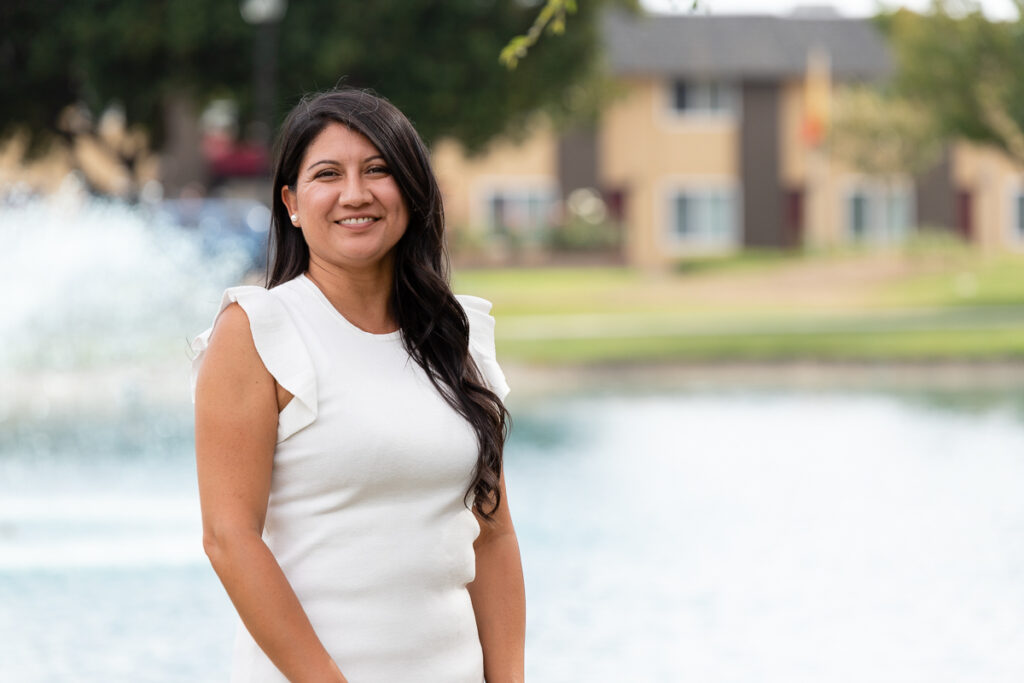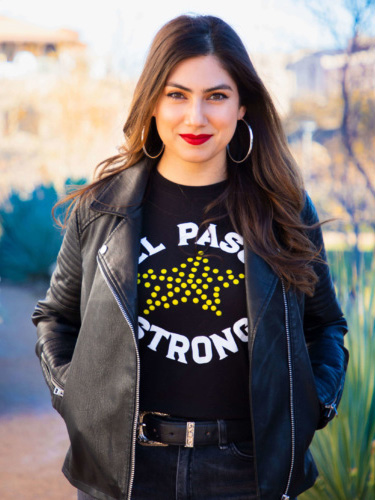Damaris Lira was inspired to go into politics because her middle school teacher, Dr. Joanne Harris Lucas, noticed she was a natural leader. As Lira tells it, Dr. Lucas also inspired her to embrace her Black heritage, which was an essential lesson for Lira to learn and the push she needed to put her Afro-Latina background at the forefront of her work. Today, Lira is running for Sussex County Commissioner in New Jersey, and she hopes to be the role model Dr. Lucas was for her to other second-generation Dominican American girls and women.
“The potential impact of representation for the future of our communities is significant,” Lira tells Sweet July. “Latinas need to feel empowered by seeing people in power who look like them, who will fight alongside them, and who can serve as role models—inspiring the next generation of leaders. Seeing themselves represented can inspire them to get involved, believe in their ability to make a difference, and ensure their unique perspectives are heard and valued in shaping the future of their communities and the nation.”
Lira is an alum of Emerge, a community of over 1,200 women elected officials at all levels of government and 5,500 women who have trained to run for office across the country. The organization trains Black, Brown, and Indigenous women, women of color, LGBTQ+, young and unmarried women to run for higher office positions as well as statewide positions.
Brianna Carmen, political director of Emerge, says she grew up not seeing Latina candidates, so now she dedicates her life to changing the face of politics.

“Growing up in El Paso, Texas, on the U.S-Mexico border, I never realized that the field of politics was a viable career path,” says Carmen. “I didn’t know anyone in my immediate circle who did this work. It just didn’t feel like people in my community had this opportunity. Politicians on TV and that you think of in your mind are pale, male and stale. I didn’t see anyone like me, my friends, or my family doing this work.”

Women like Lira and Carmen are actively trying to change the lack of political representation most Latinas grew up experiencing. The same can be said about Doriss Panduro, a first-generation Mexican-American who was the first Latina to be elected to the Fairfield City Council, California, in 2020. Born and raised in Fairfield, Panduro had never seen a woman like her in the city council.
“[Latinas’] background and culture add to our perspective,” says Panduro. “We have experienced what it feels like to stand out in a room, to feel like we don’t belong, especially [while] climbing corporate ladders or entering into political spaces. For many of us, not only are we the first in our families to be born here, but we are the first to go to college or start a business. We are changemakers not by choice but by necessity. Those experiences, paired with our tenacity and perseverance, are unique to us and what we bring to the table.”
Being a Latina in politics also brings specific challenges to the pioneers who break that glass ceiling. The Latinx population is incredibly diverse and not a monolith by a longshot. This puts Latina politicians in the unique position of negotiating the interests and opinions of a large community with an extremely diverse range of experiences.

“Our community is made up of more than just folks from different Latin American countries,” says Panduro. “Our experiences both in our home countries and here in the United States are all very different and add to who we are and how we perceive or engage with politics. As an elected official, one of the biggest parts of the job is to listen and try to find common ground or ways to collaborate toward a solution.”
When it comes to representation, the numbers are still dismal, but Latina politicians are on the rise, fueled by the need to take matters into their own hands. Take Kimberly Mata-Rubio in Uvalde, Texas, for example, whose daughter’s tragic death in a mass shooting catalyzed her running for mayor of Uvalde. “She is not an outlier,” says Carmen. “Latinas in communities across the country are not seeing the right decisions for themselves and their families being made by leaders and they are bearing the brunt of that. That’s why they are running for office to make things better.”
When reflecting on all the work that needs to be done, Panduro makes sure to give her female ancestors their rightful flowers. “I stand on the shoulders of the strong mujeres who came before me, my abuelitas, my tias, my dance maestra,” she says. “And I hope my path encourages other Latinas to know that they, too, can be in public office and be a voice that is much-needed.”







